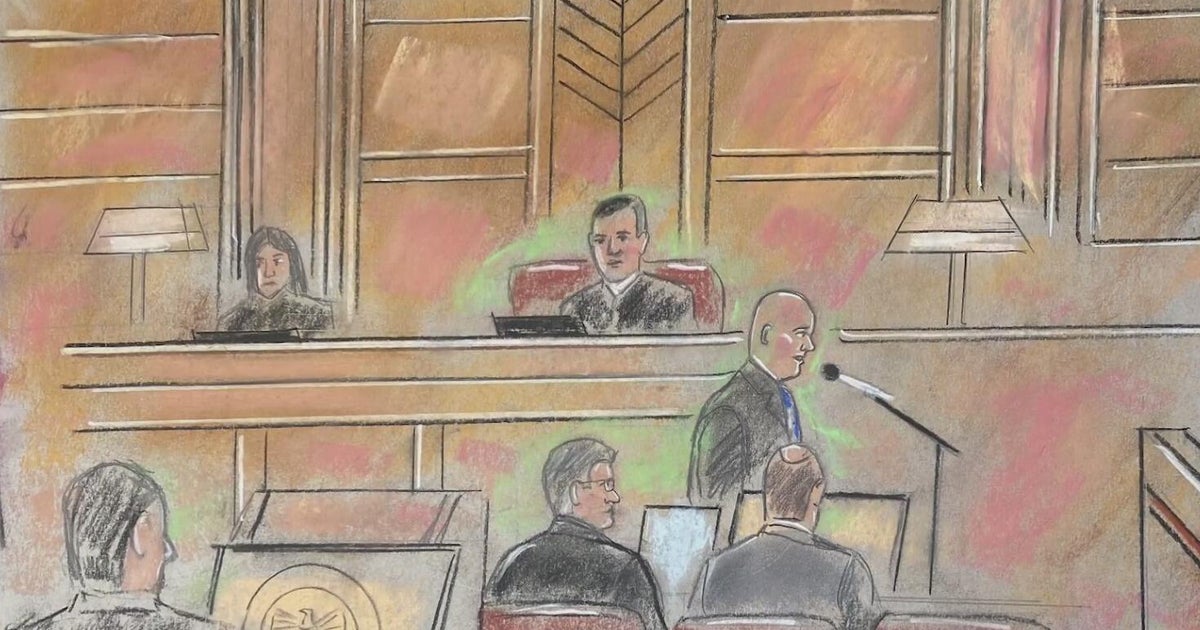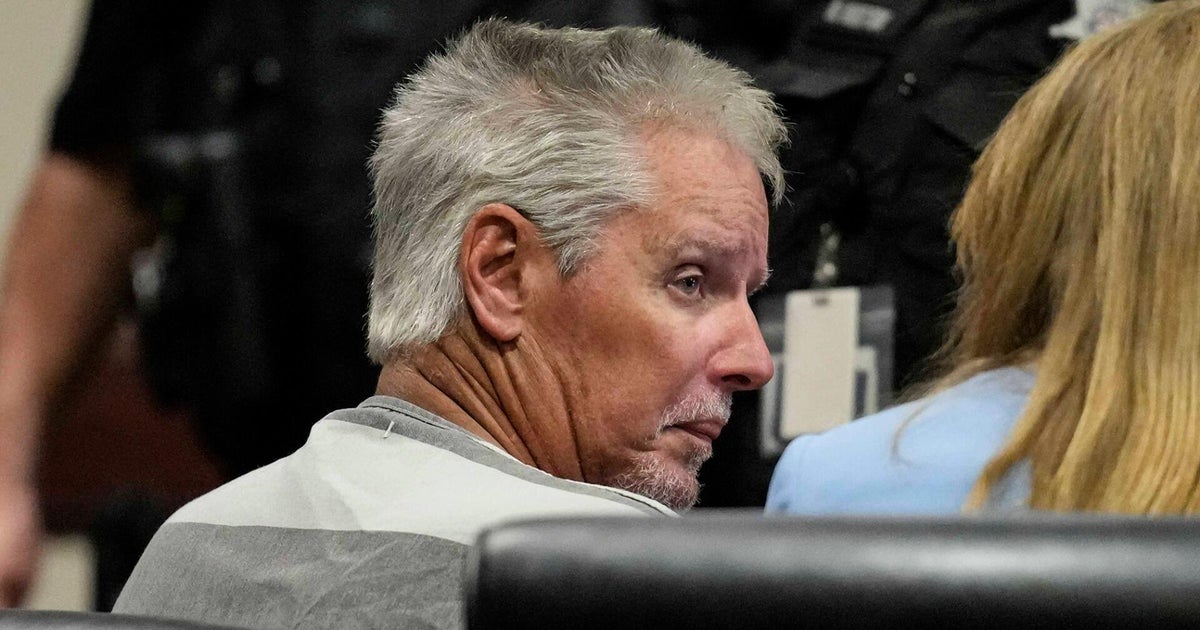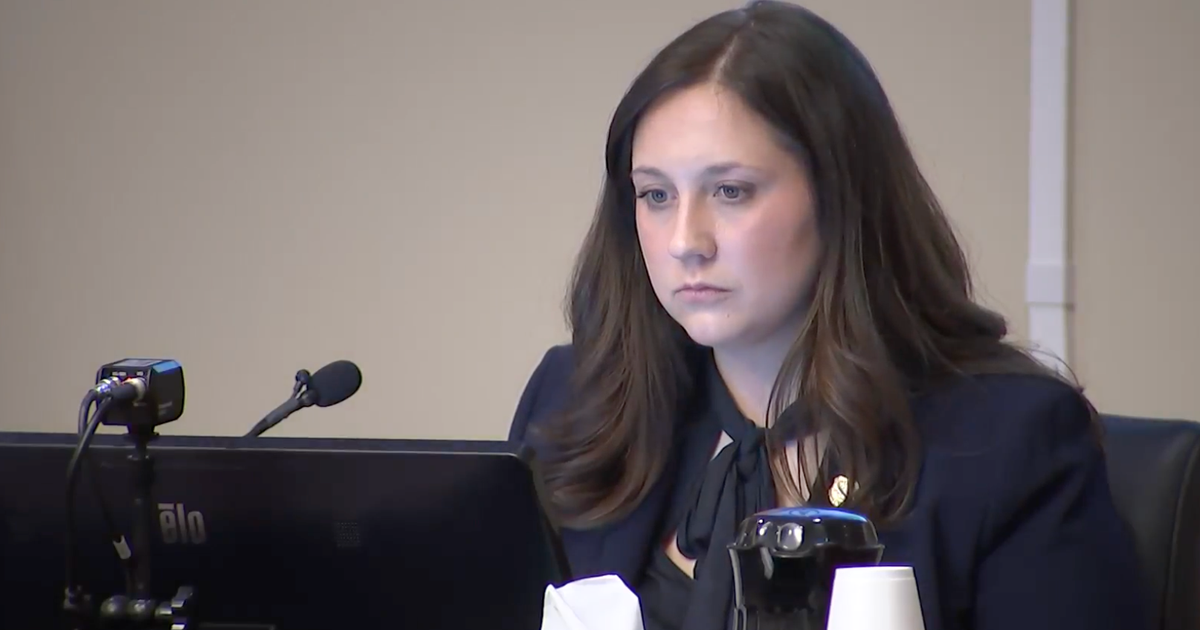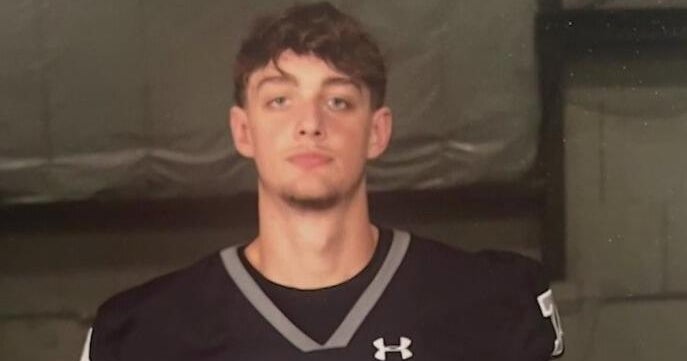What led to Aaron Dean's manslaughter conviction, and what's next?
FORT WORTH, Texas (CBSDFW.COM) — Before deliberations began in Aaron Dean's trial, the jury sat through five days of testimony and evidence. Legal experts say there were some surprising moments that could have impacted the outcome.
"I think everyone expected the trial to last a little longer," said Lisa Herrick, an attorney with Fort Worth firm Varghese Summersett.
It took longer to select the jury than for prosecutors to present the main part of their case.
The state initially brought 10 witnesses to the stand, detailing the moments that led up to Atatiana Jefferson's death and the devastation it caused.
After about two and half days of testimony, the state rested their case.
The jury and the attorneys then got an unexpected four-day break, before the defense chose to put Dean on the stand.
"They had so much time to think about it and so much time to plan, the curious decision was also to have him testify first and kind of lead with him," Herrick said. "I don't know if they feel good about that decision or not, but it's an unusual one."
Dean told the jurors he saw a gun pointed at him through the window and fired that fatal shot in self-defense, but the state hammered him on the mistakes he made during his response that night.
Dean repeatedly admitted to "bad police work."
"I don't think he came across well," said Herrick. "I don't think he brought any sympathy towards himself or added any explanation that we didn't already get from other witnesses."
The defense also had a forensic video analyst and a use-of-force expert testify before resting their case.
The jury deliberated for about 14 hours before convicting Dean of the lesser charge, manslaughter.
When asked what was missing from the state's case since they weren't able to convince the jury of murder, Herrick said, "It's a hard question because the entire incident was so short, that there aren't a lot of witnesses. There wasn't a lot of evidence. So for us to expect more from the prosecutors, I don't know what that would have been."
Regardless of the sentence Dean ends up receiving, Herrick says his defense team will likely file an appeal for a new trial.
"In a case like this, the defendant almost always files an appeal," she said. "Maybe there are things they tried to present as evidence, rulings the judge made they disagreed with."
The appeals process can be a lengthy one, according to Herrick.







